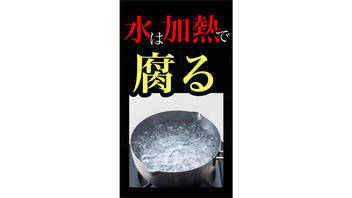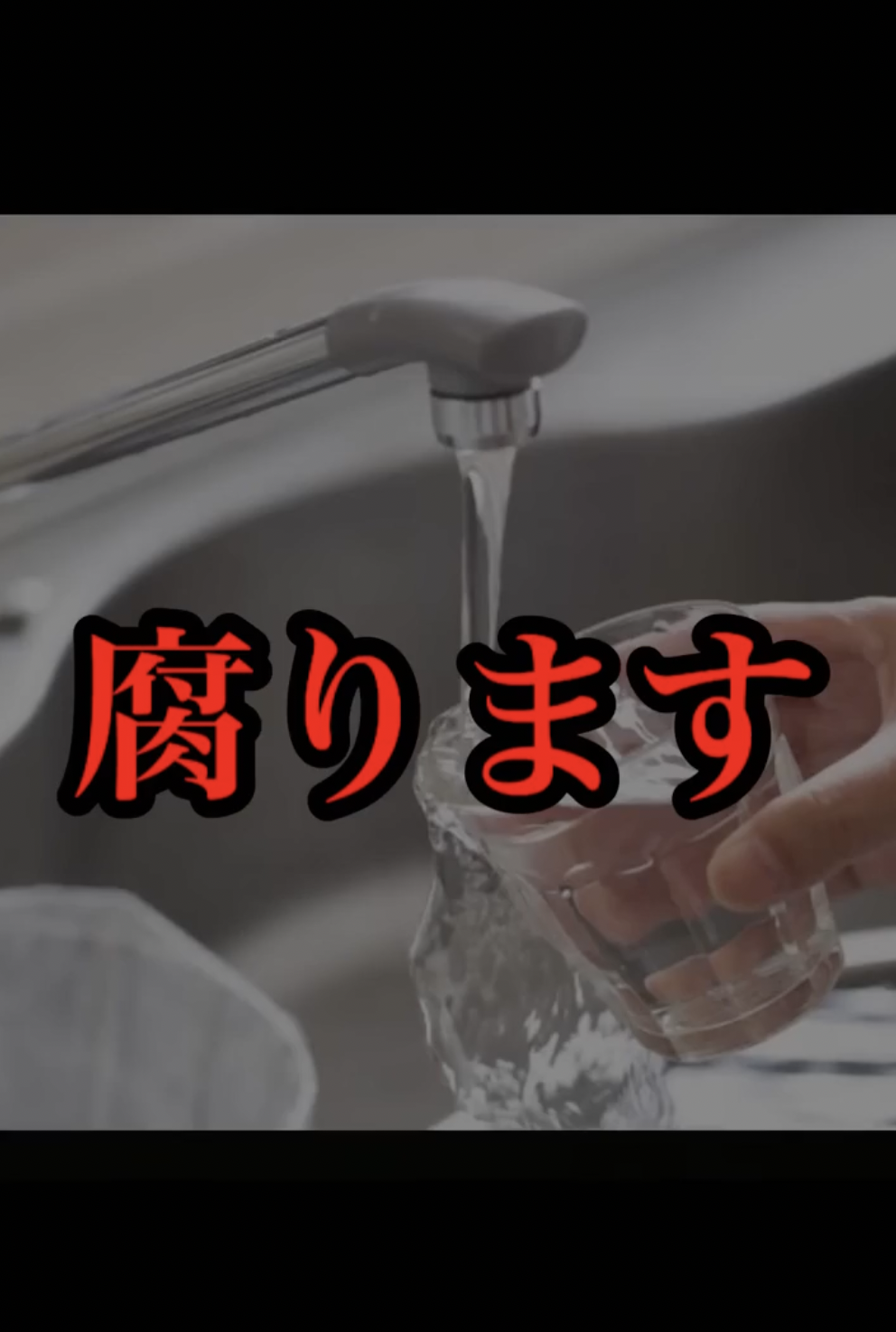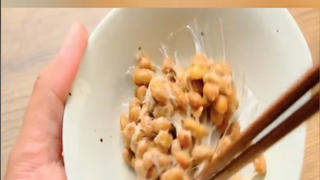
Is it true that boiling tap water makes it spoil quicker? No, that's not true: When stored properly, tap water -- boiled or at room temperature -- can last months, and the boiling process won't evaporate the water's chlorine content and make it go bad.
The claim appeared on TikTok (archived here) on September 5, 2023. The author says in comments (translated from Japanese to English by Lead Stories staff) that boiling tap water can make it spoil since the chlorine content evaporates:
There are several types of bacteria in dams that are harmful to humans on its own, and in the process of sending this water into pipes at home, the water is sterilized and sanitized through mixing salts such as Chlorine. However, when tap water gets boiled, these salts dissipate, making it spoil if you leave it out at room temperature because [with the salts gone] bacteria can grow [in the water] again.
The narrator then uses barley tea as an example at the 0:27 mark, saying:
Kids in the summer often have barley tea that will be left out [unrefrigerated] for the whole day. Is this truly safe?
This is what the post looked like on TikTok at the time of writing:

(Source: TikTok screenshot taken on Tue Nov 7 01:46:48 2023 UTC)
Although boiling tap water for 15 minutes can evaporate some chlorine content, the process itself won't make water go bad as residual chlorine remains. In general, boiled water can last up to six months and is safe to consume so long as it is properly stored and sealed to prevent contamination. It does not require chlorine to make it safe to drink as long as it remains in a closed container to prevent bacteria and microbes from contaminating it or if it is refrigerated and kept in air-tight containers.
The phenomenon of barley tea going bad in the summer is not due to boiling water but because the tea contains starch that prompts bacteria to grow over time, especially when unattended for longer periods of time. In comparison to plain boiled water, the starch already present in barley tea allows for bacteria and mold to grow even when it's properly sealed in heavy-duty bottles or closed containers.












